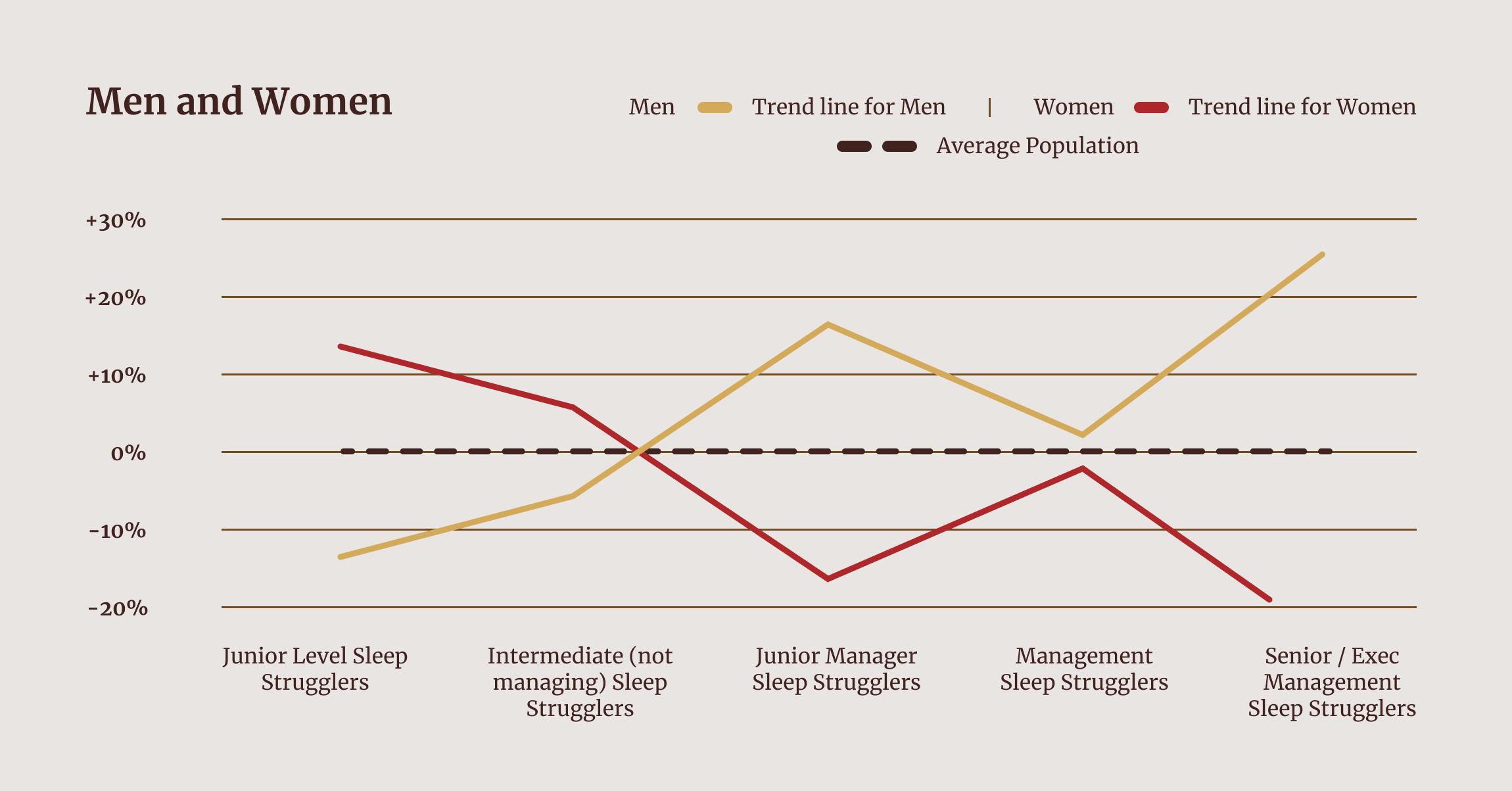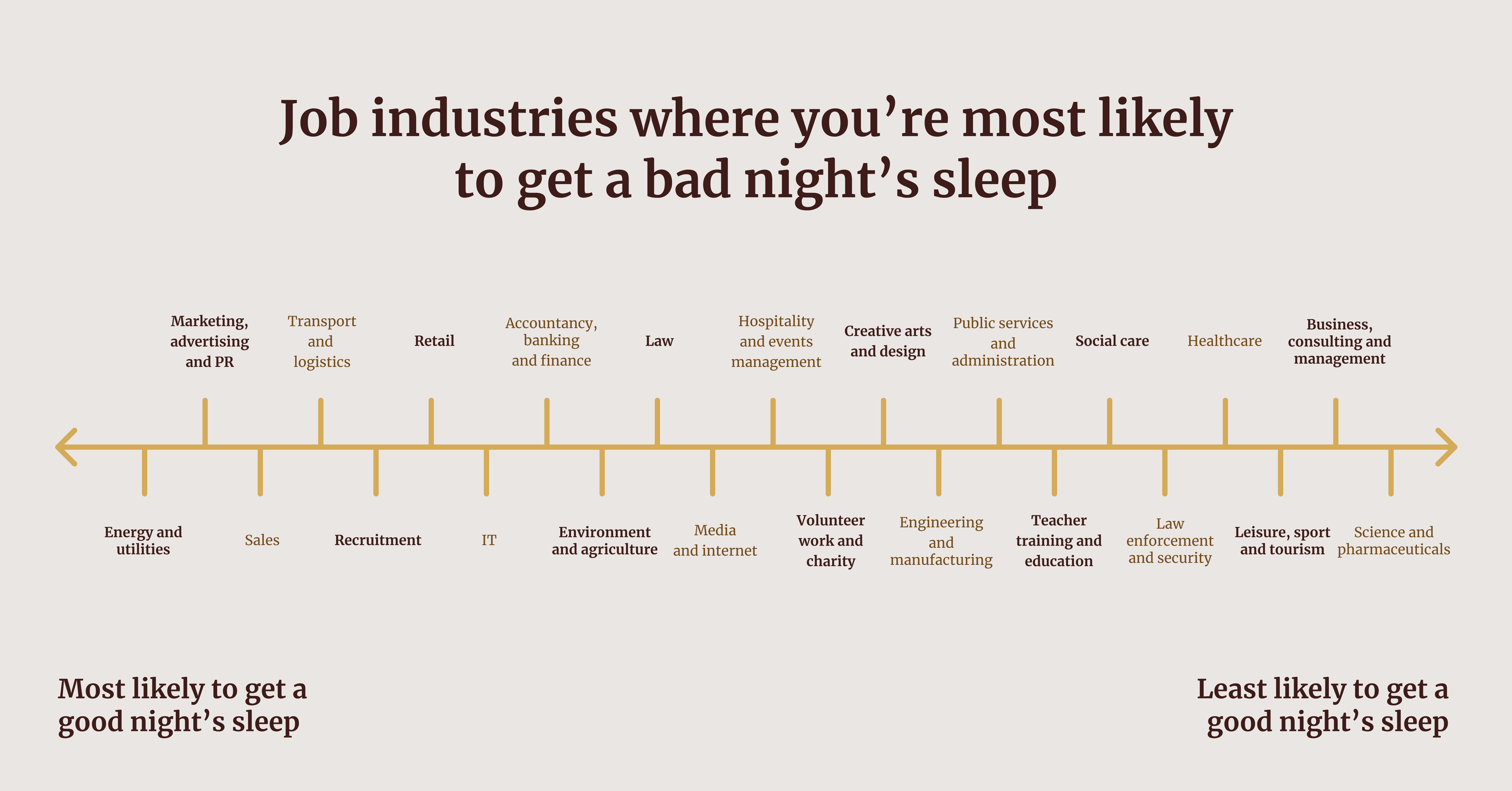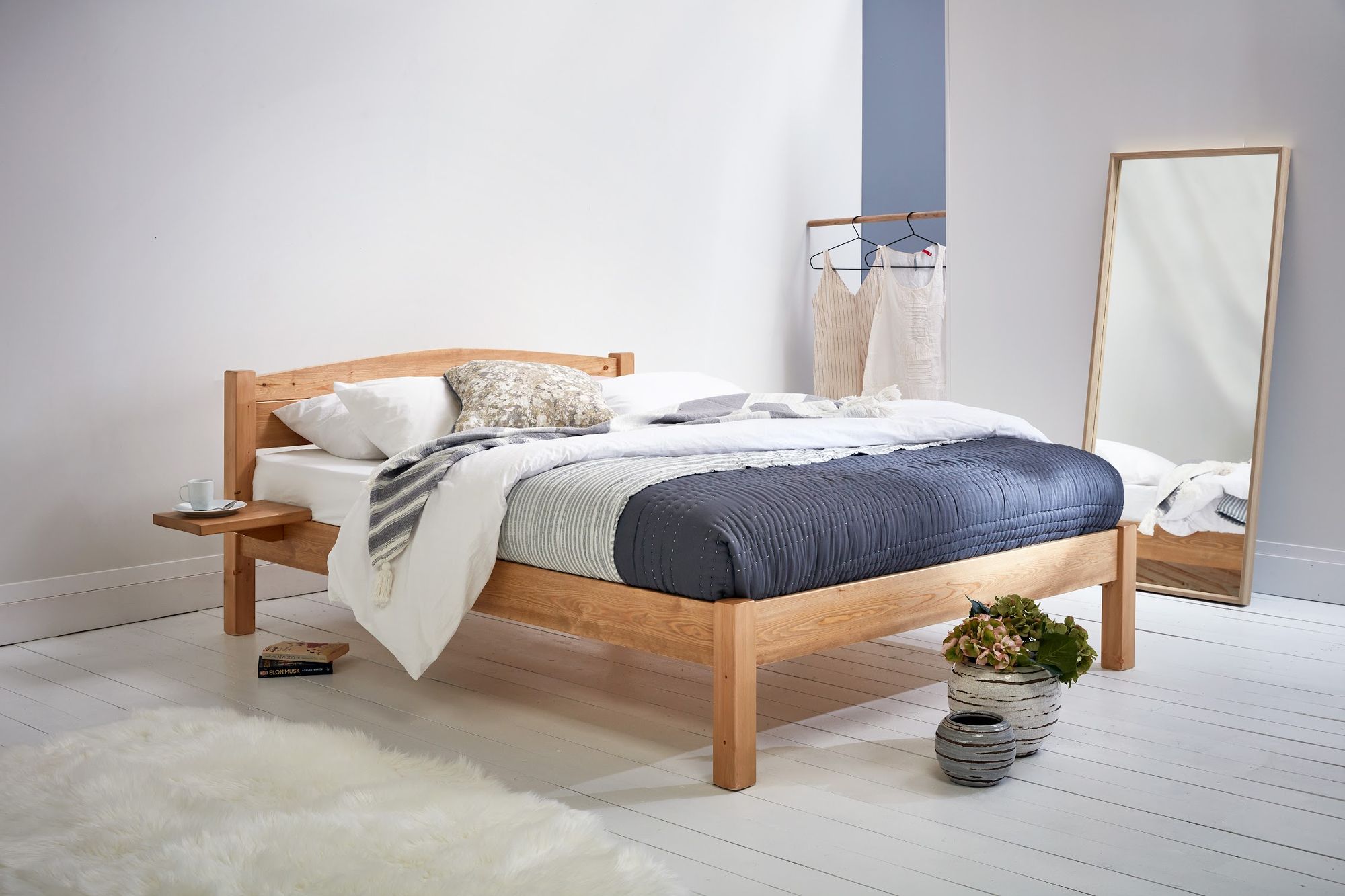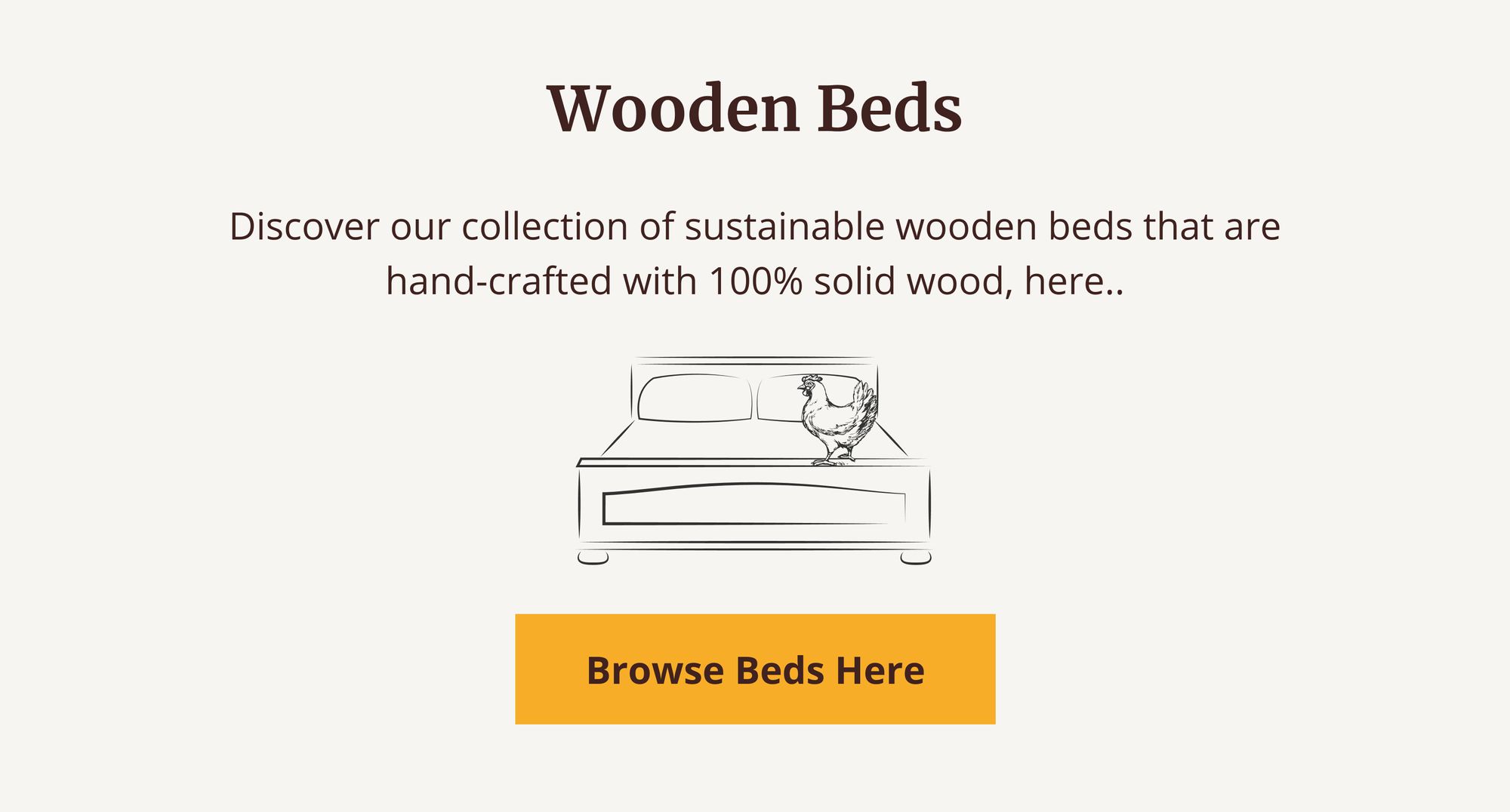
Ever lost sleep over your job? Whether it’s looming deadlines or the stresses of a particular profession keeping you awake, there’s no denying that work can take a toll on quality of sleep. As you climb the ladder toward more senior roles, it’s safe to assume that there’s every chance sleepless nights can rise as quickly as your level of responsibility.
At least that’s the case for the majority of men in the UK, according to our latest study. Combining a survey of over 3,000 UK workers with data from the audience research platform Global Web Index, we sought to understand the relationship between job seniority and sleep-related conditions among men and women in the UK.
And, it appears that the fairer sex get their 40 winks in easier when working in senior management roles in comparison with their male counterparts in the same positions.
But is that strictly down to females having a greater ability to leave work at the front door? Or can the type of work matter just as much? Here, we take a look at the relationship between job role and sleep quality, through lenses of position seniority, industry and gender, shining a light on which roles cause the most sleepless nights in the UK.

Whichever industry takes your fresh-faced fancy, chances are you’ll have to enter working life on the bottom rung. Maybe you start out making cuppas, next you’re answering calls for the boss, then, poof, here comes a promotion. While this is always a cause for celebration, once the champagne has run out, the added responsibility could weigh heavily on your mind.
According to our research, this commonly trod upward path takes more of a toll on the sleep habits of men compared to women. In fact, males report an increase of over 20% in sleep-related problems when they hit senior management roles, while the pendulum swings in the opposite direction for females at the same level, as instances of those struggling to get their head down at night drops by 20%.
We begin to see a crossover upon reaching intermediate positions, or those who are not managing others, where sleep struggles go in opposite directions between the sexes. This could suggest that females are more comfortable in managerial roles, while it could also point towards more time spent worrying over team performance for males in senior positions. There are conclusions to be drawn whichever way you look at it!
It’s certainly interesting to note that, on average, women experiencing sleep-related conditions tend to work in junior level positions. This could lean towards financial or progression concerns, while it could also potentially point to them being kept up by ambitious thoughts. Either way, it seems junior level males are hitting the hay far more comfortably than females.
Let’s face it, everyone thinks their job is the most important job in the world. After all, the trials and tribulations of our particular roles matter more to us than anyone else. However, according to our survey, those in certain industries are tossing and turning at night more than most.

It stands to reason that those in traditionally high pressure professions are more likely to be kept up at night in comparison to those working less emotionally taxing jobs. As reflected in the results, there are certain positions which are life and death in the top five, and these are sure to weigh on the mind.
However, it is interesting to see tourism take its place among the pack – perhaps a sign of the pressures of the post-pandemic holiday boom.
It's also no surprise to see the business and management industry ranking right up there with the no sleep crew. Those in the business sector, particularly those at the very top such as CEOs, are certainly famed for early starts and late nights, fuelling entrepreneurial visions with coffee and baggy eyes. Our findings certainly back that up, with their industry coming in second place.
According to our research across 23 professional areas, the sectors where employees are most likely to suffer a bad night’s sleep are:
Science and pharmaceuticals
Business, consulting and management
Leisure, sport and tourism
Healthcare
Law enforcement and security
That feeling of the Sunday scaries can be enough to keep you up an extra few hours ahead of the working week. Not for these industries, though. Our research took a look at those workers among 23 sectors who admitted to snoozing away for over 7 hours a night on average.
Below are the lucky few industries whose workers enjoy a minimum of 7 hours sleep per night, according to our research:
Energy and utilities
Marketing, advertising and PR
Sales
Transport and logistics
Recruitment
There are a number of ways that work can impact how much, or how little, sleep we get on a nightly basis. A pleasant and fun working environment, or a role which requires little to no responsibility, is less likely to have you worrying about the day that’s in store. However, it’s interesting to see some regularly scrutinised roles, such as energy and utilities, up at the top of the tree.
If you find yourself pondering how to stop thinking about work when trying to sleep, or how sleep and productivity mesh, it might be time to make some changes. However, it might not all be down to your job. Sometimes you just need the right bed to help you nod off at night.
Finding the right bed is crucial to achieving restful sleep. You need something strong, secure and reliable. Choosing a high quality wooden bed from Get Laid Beds represents a long-lasting investment that you can trust. Featuring a solid handmade frame, your bed will retain its pristine condition for years, without any need to replace it.
Similarly, if your mattress isn’t up to scratch, nodding off can be a chore. If you don’t have the correct comfort levels, it’s near impossible to relax. Irritants such as dust mites could also be hampering sleep quality, as well as having a mattress which is far too firm, or too soft, for your sleeping style.
Aches and pains are another top cause of sleepless nights. If you’re struggling with back or shoulder pain while sleeping, you may need to switch up the type of mattress you use. Moving to memory foam or pocket sprung mattress can help give your pressure points all the support they need, evenly distributing body weight to limit strain.

Bedding is the final piece of the puzzle. After all, getting quality sleep is all about feeling comfortable. From pillows to duvets, these accessories can dictate how snug and prepared for sleep you are. Kitting out your bed with the finest materials, like those offered by Get Laid Beds, can help make sleep problems a thing of the past.
As illustrated by our study, there’s a clear correlation between industry, job seniority and sleep issues. However, upgrading the comfort levels of your sleeping space can really make a difference. At Get Laid Beds, we’ve got the solution to your night time woes.
Whichever industry you work in, or whichever level you work at, getting a good night’s sleep is essential. In fact, studies show that anything less than 7-9 hours can be detrimental to overall health in adults between 26-64 years old in the long term.
Read more: Here’s How Good Sleep Affects Your Health
To upgrade your sleep sanctuary, check out our range of wooden beds, or contact us to find out how we can revolutionise bedtime for you.


WE VALUE YOUR PRIVACY
We use cookies to enhance your browsing experience, serve personalised ads or content, and analyse the traffic with 3rd party services. By clicking ‘Accept’, you consent to our use of cookies, visit our Privacy Policy and our Cookie Policy for more info.
Please select one of the delivery countries below or navigate to our UK website for UK delivery options.
Note: International shipping prices are charged per bed rather than per order. This is due to the bulky nature and weight of these products.